Tourism and nature conservation can sometimes seem like opposite ends of the spectrum. But if you’re an animal lover and want to have wildlife encounters while staying true to your values, I have good news for you! In this comprehensive guide, we’re diving into the world of ethical animal experiences, why they matter, and tips for finding and supporting them.
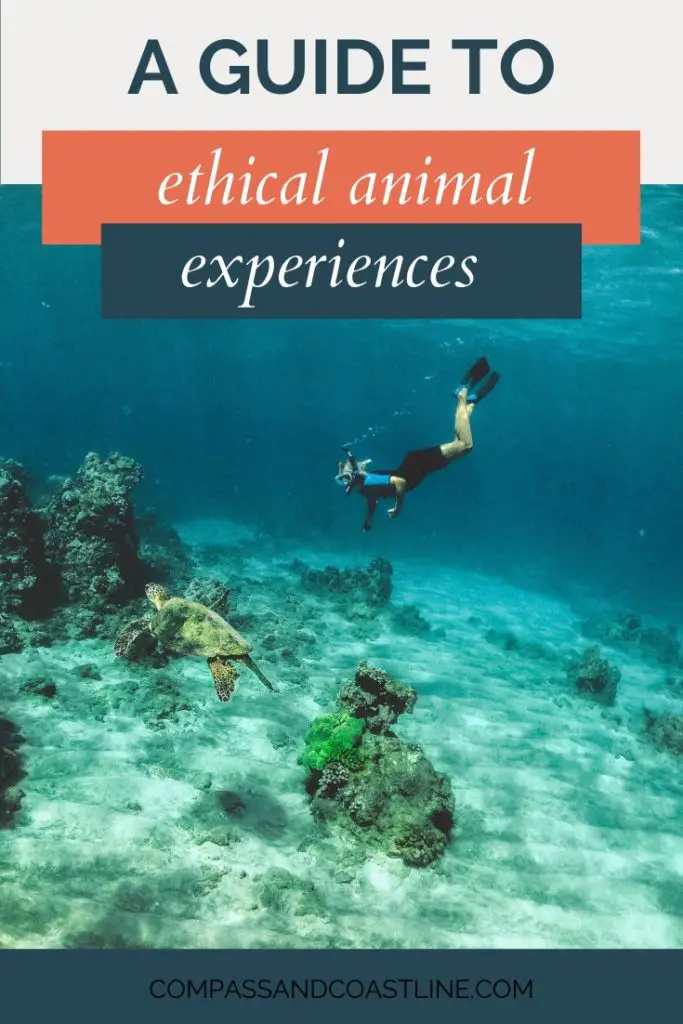
It’s 100% possible to be a tourist, explore nature AND leave a positive impact on the animals and their habitats. I’ll show you how – let’s get into it!
Disclosure: Any tips or products shared are things I truly believe in. If you take action (ie make a purchase) after clicking one of the affiliate links, I’ll earn some money which helps me continue creating travel content for you. compassandcoastline.com is a participant in the Amazon Services LLC Associates Program, an affiliate advertising program designed to provide a means for sites to earn advertising fees by advertising and linking to amazon.com. Each of your purchases through our Amazon affiliate links supports our cause at no cost to you. Thank you for your support!
Ethical Animal Experiences: Why It Matters
“In the end, we will conserve only what we love. We will love only what we understand. We will understand only what we are taught”
Baba Dioum
I came across this quote on a plaque on an aquarium wall. It really struck me, because while aquariums and animal “theme parks” are often criticized, they can also serve an important purpose in helping us learn about marine animals.
There has to be a balance between learning and respecting animals. Many of us (myself included!) have a natural curiosity and appreciation for marine animals. We just want to understand them! And what better way than through an animal experience, right? But not all animal experiences are created equal – in fact they can differ on so many levels. And sadly, poor treatment of animals is often unintentionally fuelled through tourism, so it’s important to be educated on this topic.
Seeking out ethical animal experiences is crucial for several reasons. First and foremost, it ensures the welfare and dignity of the animals involved. There’s absolutely no reason that animals should be mistreated simply for our entertainment. An ethical animal experience puts the animal’s well-being above all else.
Ethical animal experiences also contribute to conservation efforts and habitat preservation, and raise awareness about animal welfare. Through supporting responsible tourism initiatives, we play an active role in these initiatives too!
What are Ethical Animal Experiences?
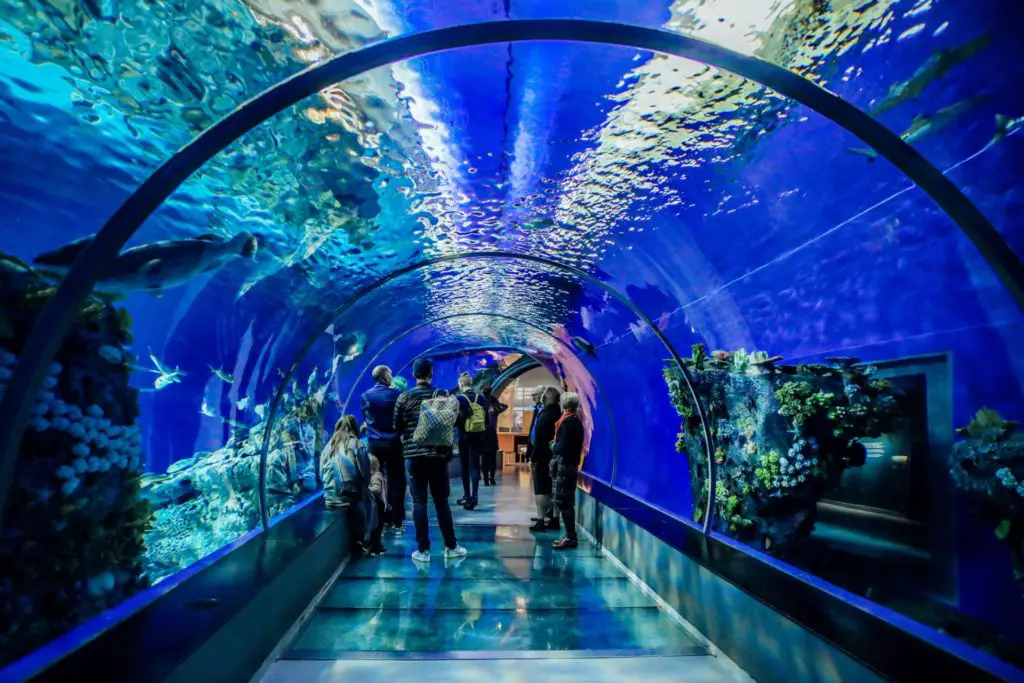
Before we can set out to find ethical animal experiences, it’s going to be helpful to first talk about the criteria. While there isn’t one standard definition, and it’s true that morals and ethics can vary from person to person, here are some commonly-accepted defining characteristics of what makes wildlife tourism ethical:
- Animal Welfare: Ensuring the physical and psychological well-being of animals involved by providing appropriate housing, nutrition, veterinary care, and opportunities for natural behaviors
- Conservation: Fostering activities that contribute to the conservation and protection of animal species and their habitats, promoting biodiversity and sustainable ecosystems
- Respect for Autonomy: Allowing animals to express their natural behaviors and maintaining their freedom to make choices whenever possible, without coercion or unnecessary restraint
- Education and Awareness: Using animal experiences as a means to educate and raise awareness about the importance of animal welfare, conservation, and the ethical treatment of animals
- Responsible Tourism: Encouraging responsible and sustainable tourism practices that prioritize the welfare of animals and minimize negative impacts on their natural habitats
How To Find Ethical Wildlife Encounters
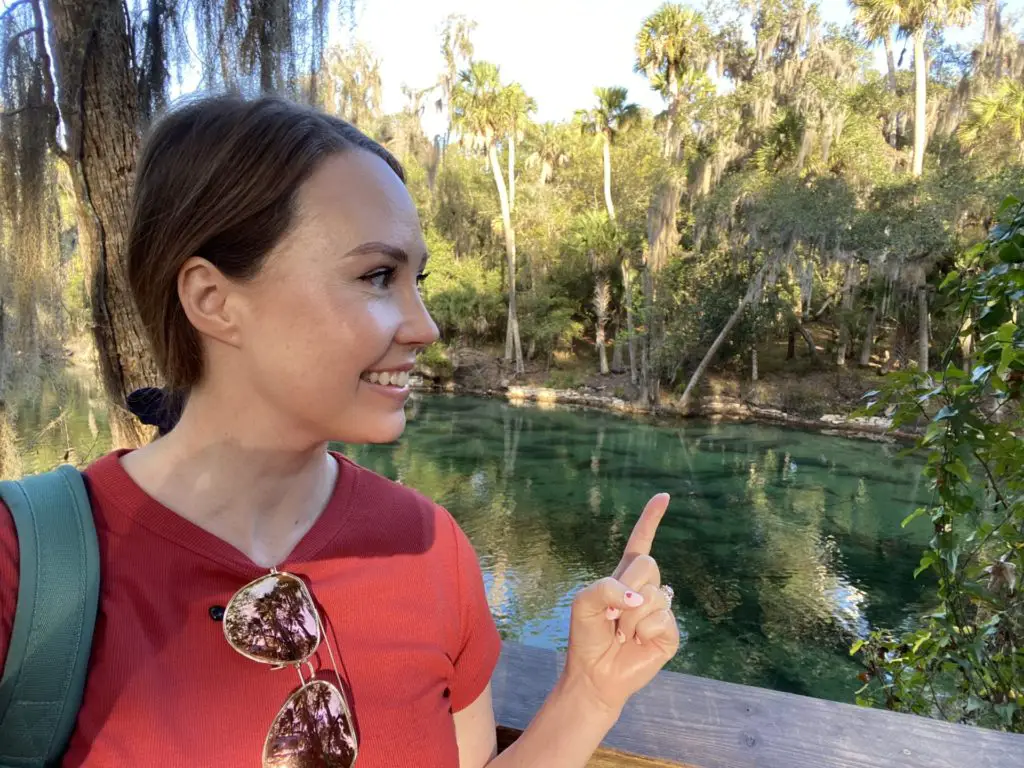
Now that you know why ethical animal tourism matters and what to look for, let’s discuss how to find these types of animal experiences. The reality is, it can be hard to distinguish an ethical animal encounter from one that isn’t.
In the United States, zoos, aquariums, sanctuaries, wildlife parks and other types of animal encounters are subject to local, state and federal laws. Additionally, they must be licensed by the US Department of Agriculture (USDA) and undergo yearly inspections to make sure they are in compliance with the Animal Welfare Act and Endangered Species Act.
However, since these laws provide pretty basic and limited protection, some facilities choose to become accredited by the Association of Zoos and Aquariums (AZA). Despite these laws and regulations that are in place, the best way to find ethical animal experiences is to do your homework! Here’s how to vet an organization or tour:
- Read reviews and get a sense of what others are saying
- Check out the “About Us” section on their website
- Look for an affiliation with a major animal conservation group (World Wildlife Fund, Global Federation of Animal Sanctuaries, to name a few)
- Do the animals in their care have a “backstory” that explains their presence in the animal encounter?
- Do they contribute to local community and conservation projects?
- Do they play a role in rescue and rehabilitation of the animals? Do they have a method to return animals to the wild?
- Go online to a search engine and look for any news articles or top headlines
- Check out a few travel companies with animal welfare policies – do they support them? (example: I’m a huge fan of booking.com because of their positive stance on this topic – not all travel sites are the same, and if you want to support them use the box below!)
If the animal experience you’re considering includes things like riding animals, taking selfies, or cuddling, JUST SAY NO! Those are big red flags that the animal’s welfare is not being prioritized. Other things to avoid are circus-style shows where animals perform tricks, unnatural photo opps, and animal handling or feeding encounters. While there could be an exception, these types of experiences typically feel forced for the animals and aren’t in their best interest.
I also want to point out that captivity doesn’t always mean unethical and “in the wild” doesn’t always mean ethical. For example, if you chose a dolphin boat tour, you might be thinking it’s ethical because the animals are in their natural habitat. But if the tour is luring the dolphins in with food, or allowing the boat to get too close to them, those are indications that it would be considered unethical. The bottom line? keep an open mind and do your research before going on an animal encounter.
Ensuring Animal Welfare during Wildlife Encounters
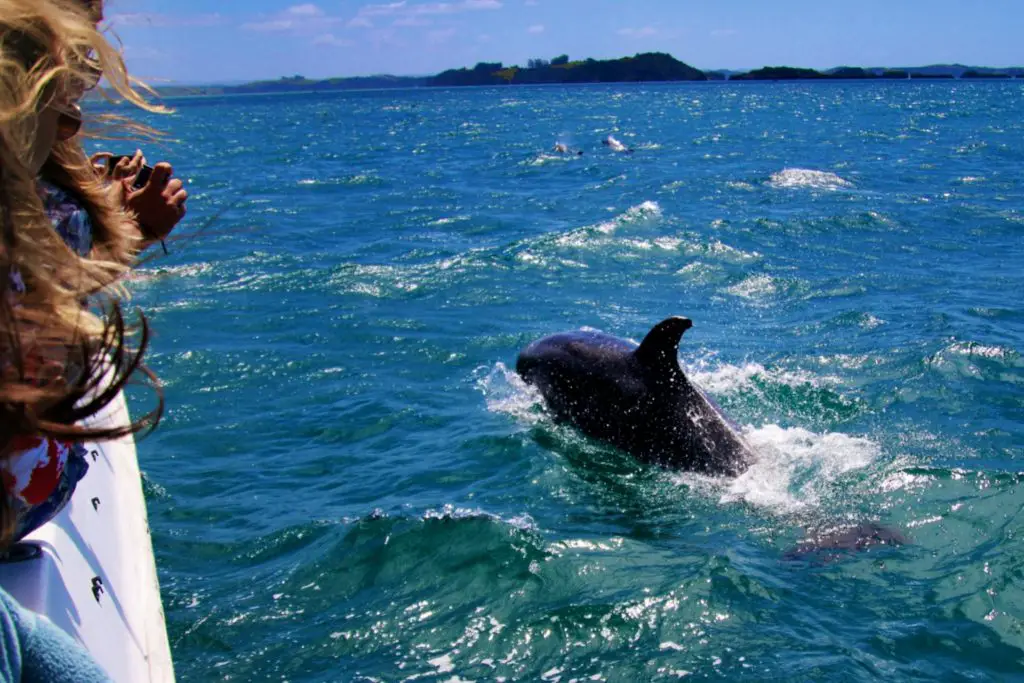
You found an ethical animal encounter and booked an experience, yay! Now that you’re there, here are some ways you can ensure the animals are well-treated. The “Five Domains” model, which is considered the gold standard of animal welfare, can also be a checklist to keep in mind as you’re observing the animals:
- Nutrition: Do the animals seem well fed? Do they have access to food and clean drinking water?
- Environment: Is their habitat or enclosure large enough for an animal of their size? Can they roam freely? Is it kept clean and tidy? Do they have things like shade and/or temperature control measures in place?
- Health: Is there a veterinarian monitoring them? Do they seem comfortable and free from pain, injury, and disease?
- Behavior: Do they have the freedom to express natural behavior? What are they doing and does it seem unnatural or like something you would see in the wild?
- Mental State: Do they seem calm and relaxed? Is there any type of stimulation/enrichment for them? Do they seem comfortable around the staff?
Final Thoughts
I hope you found this guide helpful to navigate the sometimes complicated task of finding ethical animal encounters. To sum it up, here’s a quick summary of do’s and don’ts to help you find your next ethical animal experience:
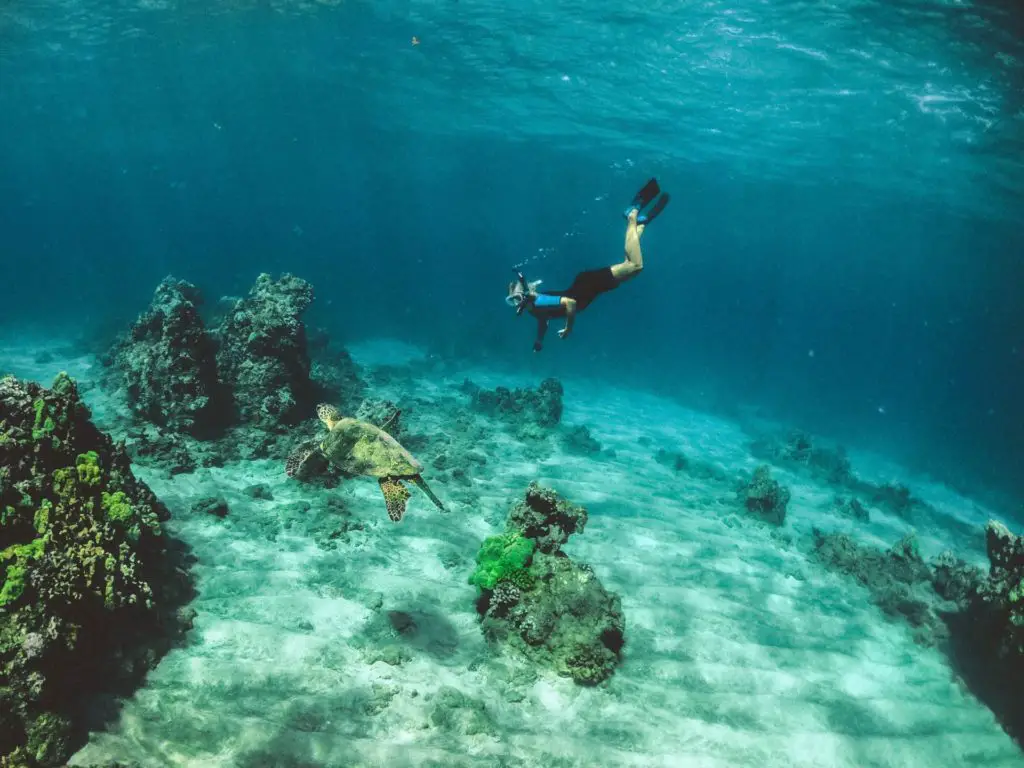
Want more ways you can help wildlife and the environment? Here are a few other posts I think you’ll like:
- Easy Ways to Save Our Beaches and Keep The Ocean Clean
- Shop These 10 Companies Helping Save The Ocean
- Reef-Safe and Biodegradable Sunscreen: 16 Options To Choose From
THANK YOU for taking the time to read this post and learn more about how to treat animals well and be a responsible tourist. I would love if you would share this with a friend or follow me on Instagram for more about eco travel, marine animals and ocean conservation! I post new content every week and new blog posts (right here) about once a month.
Thank you for your support!





2 Comments
I love this! We need to take better care of our exotic animals and this post is excellent!
Thank you Kristin! I 100% agree with you, if we are thoughtful in how we go about it, it’s totally doable